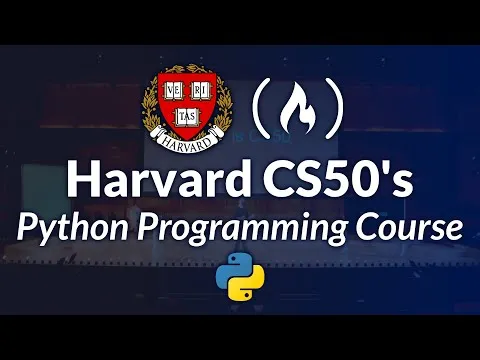
Java Multithreading 
efficiently and reliably is a must-have skill for any Java developer. Learn the basics of multi-threading in Java and how to use it to your advantage. ▼
ADVERTISEMENT
Course Feature
![]() Cost:
Cost:
Free
![]() Provider:
Provider:
Udemy
![]() Certificate:
Certificate:
No Information
![]() Language:
Language:
English
![]() Start Date:
Start Date:
Self Paced
Course Overview
❗The content presented here is sourced directly from Udemy platform. For comprehensive course details, including enrollment information, simply click on the 'Go to class' link on our website.
Updated in [June 30th, 2023]
This course provides an overview of Java Multithreading. Participants will learn the fundamentals of multi-threading in Java, including how to create and manage threads, how to synchronize threads, and how to use thread pools. Participants will also gain an understanding of the performance implications of multi-threading and how to use it to their advantage. By the end of the course, participants will have the knowledge and skills to build multi-threaded code that works.
[Applications]
After this course, students should be able to apply the concepts of multi-threading in Java to their own projects. They should be able to create multi-threaded code that is efficient and reliable. Additionally, they should be able to identify and debug any issues that may arise when working with multi-threaded code. Finally, they should be able to use the various tools and techniques available to them to optimize their multi-threaded code for maximum performance.
[Career Paths]
A career path that is recommended for learners of Java Multithreading is a Software Engineer specializing in Multithreading. This job position involves developing and maintaining software applications that use multiple threads to execute tasks in parallel. This requires a deep understanding of the Java language and its multithreading capabilities, as well as the ability to design and implement efficient and reliable multithreaded code.
The development trend for this job position is to focus on the optimization of multithreaded code. This includes improving the performance of existing code, as well as developing new techniques for writing more efficient and reliable multithreaded code. Additionally, Software Engineers specializing in Multithreading must stay up to date with the latest trends in the Java language and its multithreading capabilities, as well as any new tools or libraries that can help them write better code.
[Education Paths]
The recommended educational path for learners interested in Java Multithreading is a Bachelor's degree in Computer Science. This degree will provide learners with a comprehensive understanding of the fundamentals of computer science, including programming languages, algorithms, data structures, operating systems, and computer architecture. Additionally, learners will gain an understanding of the principles of software engineering, computer networks, and computer security.
Within the Computer Science degree, learners will have the opportunity to specialize in Java Multithreading. This specialization will provide learners with an in-depth understanding of the principles of multi-threading in Java, including thread synchronization, thread scheduling, thread pooling, and thread safety. Learners will also gain an understanding of the tools and techniques used to develop multi-threaded applications in Java.
The development trend for Java Multithreading is to focus on the development of distributed systems. This includes the development of distributed applications, distributed databases, and distributed computing. Additionally, learners will gain an understanding of the principles of distributed systems, including fault tolerance, scalability, and security. As distributed systems become more prevalent, the demand for developers with expertise in Java Multithreading will continue to grow.
Course Provider

Provider Udemy's Stats at AZClass
Discussion and Reviews
0.0 (Based on 0 reviews)
Explore Similar Online Courses

MATLAB Essentials

Supply Chain Sourcing

RDBMS PostgreSQL

Intro To PostgreSQL Databases With PgAdmin For Beginners

PostgreSQL: Client Applications

Mastering SQL using Postgresql

Database Design and Basic SQL in PostgreSQL

PostgreSQL: Advanced Queries

Spatial SQL with Postgres : A language for geographers

Learn SQL Using PostgreSQL: From Zero to Hero

PostgreSQL Essential Training


Start your review of Java Multithreading